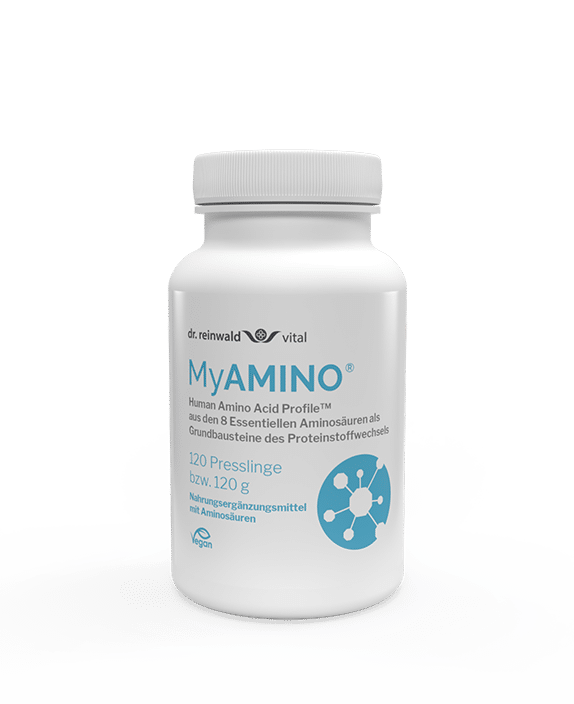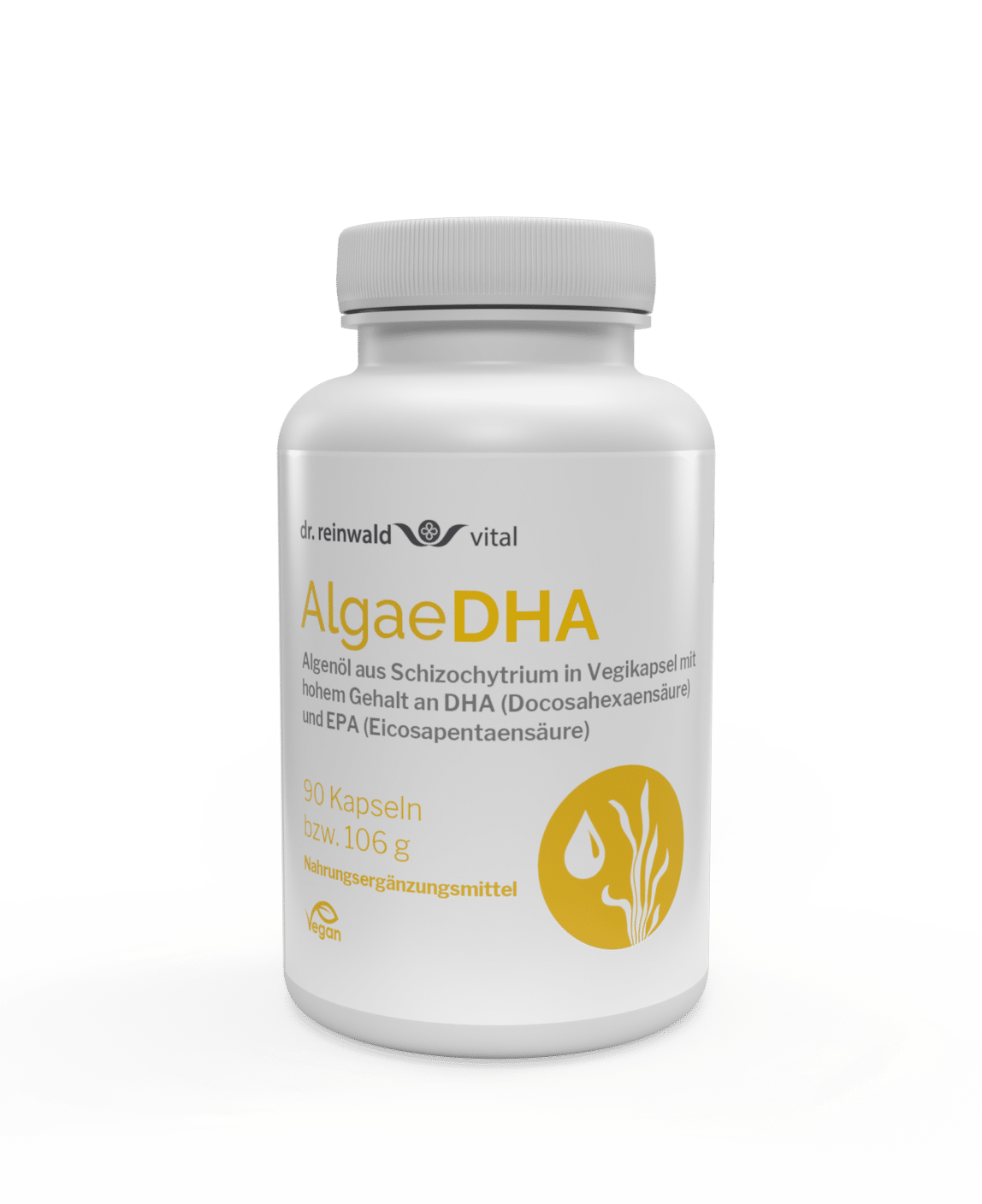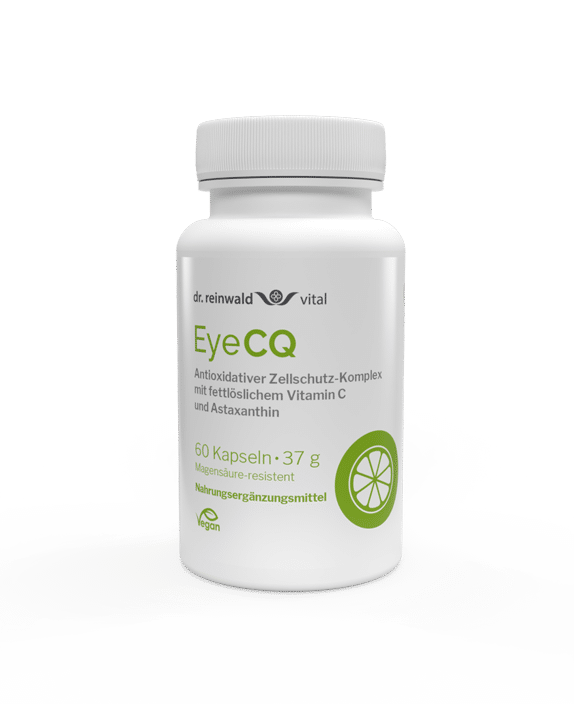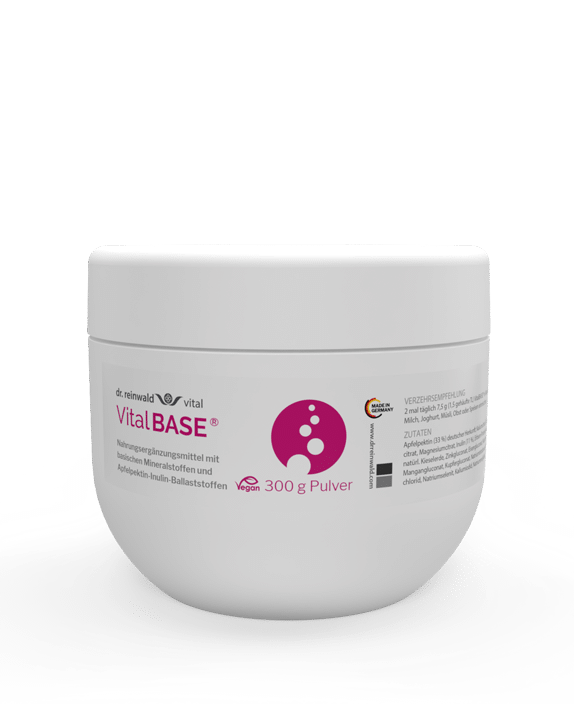How useful are dietary supplements really?
10 top reasons and how to recognize high-quality vital products
In our daily therapeutic work, we unfortunately notice again and again: Even with the “best” ketogenic diet, the body lacks important nutrients – by the way, also in ourselves!
If the body lacks vital nutrients over a longer period of time, this is initially noticeable through performance losses, and in the long term possibly also through permanent damage. A targeted addition of nutritional supplements therefore makes sense. But how can a nutrient deficiency occur at all despite a “good” diet? And what kind of nutritional supplementation is recommended?
10 possible reasons for nutrient deficiency
- 1. Not enough fruit & vegetables
The average German eats just 289 g of fruit and vegetables per day! This is far too little, because even official sources recommend 400 g, which, by the way, we consider the absolute minimum. Since only 27% of all women and 20% of all men even get this amount, it’s no wonder that many of us lack vital vitamins, fiber, minerals and trace elements. But even if we consume the recommended amount of fruits and vegetables every day, we may still be deficient in nutrients. The reason: many fruits and vegetables are often of inferior quality, harvested unripe or overheated in preparation. All of this leads to nutrient losses. - 2. Too little high-quality protein (amino acids)
Vegans and vegetarians in particular have the challenge of replacing animal protein adequately and sufficiently in their diet. But also pregnant women, seniors, athletes, sick people or people who would like to stay vital have an increased need for amino acids. Not without reason are these considered the basis of all life. A sufficient and high-quality supply is essential for our health, since amino acids are responsible for cell formation and cell regeneration, among other things. - 3. Insufficient sunlight (vitamin D3)
As northern and central Europeans, we are of course at a distinct disadvantage when it comes to taking in enough sunlight every day. However, our body urgently needs this to produce the vital vitamin D. Vitamin D controls the calcium absorption of our bones, among other things, and strengthens our body’s defenses. Unfortunately, even a longer walk per day is not enough to provide us with sufficient vitamin D3 – especially in the cold and dark season.
- 4. High level of stress
We are all exposed to a wide variety of stressful situations every day: high pressure to perform at work, school or university, taking care of the family in addition to the job, homeschooling, financial responsibilities, etc. This constant stress is an ideal basis for free radicals, which can cause an imbalance in the nutrient balance. Antioxidants provide effective protection against free radicals. - 5. Denatured food due to industrial processing
Here the rule of thumb is: The more industrially processed a food is, the fewer nutrients it usually contains. However, since our stressful and modern lifestyle is usually tightly timed, many of us reach for quickly available foods in everyday life. Sandwiches, instant soups, convenience foods, and even supposedly “healthy” options such as yogurts, instant muesli, and soy products are usually very low in nutrients.
- 6. Mineral-poor soils
A fact that cannot be avoided even with the most balanced diet: fruits and vegetables are often so low in nutrients because very many soils are simply depleted by modern efficiency-oriented agriculture. The use of fertilizers does the rest, so that the nutrient soil for our food is neither particularly rich nor sustainable. - 7. Too much sugar and carbohydrates
It is human nature to prefer sweet foods. After all, our first gustatory perception is our mother’s milk, which is said to have a slightly sweet taste. Unfortunately, we often indulge this inclination for sweet things very excessively these days. Foods and beverages containing sugar and carbohydrates dominate our daily diet, while foods rich in nutrients are increasingly being pushed into the background. As a result, the more sugar we eat, the fewer vitamins and minerals we absorb. A fact that, incidentally, was confirmed again by Lund University in Sweden just last year. - 8. Too little fish (omega-3 fatty acids)
Not only vegans and vegetarians are affected when it comes to an omega-3 fatty acid deficiency, but also many “omnivores”. And so many of us consume too much omega-6 fatty acids, but at the same time suffer from an acute omega-3 deficiency. It should be obvious that the regular consumption of fish sticks or baked fish sandwiches is not the solution. Breaded fish usually contains few nutrients. Instead, high-quality sea fish from sustainable organic aquaculture should be on the menu at least once a week. However, since this is not always readily available and fish from conventional aquacultures or wild-caught fish are often heavily contaminated with heavy metals, omega-3 fatty acids can be supplemented well via algae oil. - 9. Increased nutrient requirements in various life situations.
Of course, the respective nutrient requirement always depends strongly on the individual life situation. Pregnant women, seniors, athletes, children, vegans, vegetarians, people with health problems, smokers or people with a high stress level have an increased nutrient requirement. This clearly deviates from the official recommendations and should therefore be adequately covered in addition. - 10. Regular intake of medication
What many people are not aware of is that taking certain medications can lead to a glaring nutrient deficiency. The list of medications is so long that it would go beyond the scope of our article. Therefore, our tip: It is best to discuss with your doctor or therapist how you can prevent a nutrient deficiency when taking medication, or you can look for suitable alternatives together.
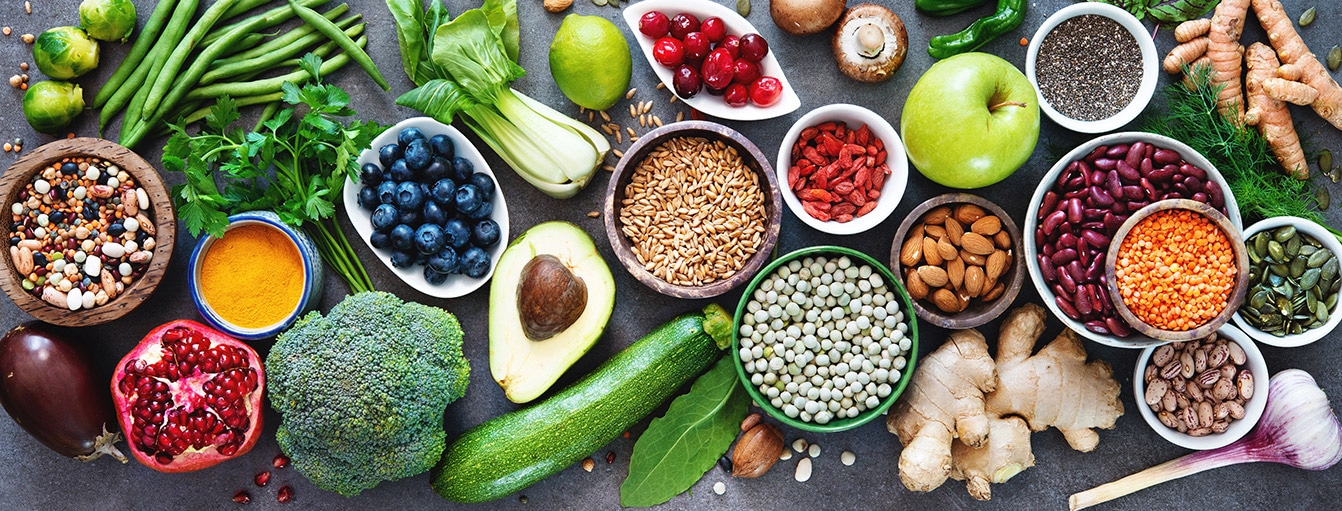
“Eating and nourishing can be worlds apart.”
Idiom
Dietary supplements – yes, please!
But: How can I separate the wheat from the chaff?
Unfortunately, in the field of dietary supplements it behaves like with many other products: There are great, high-quality vitality products from reputable manufacturers. But then there are also dietary supplements that are not only inferior, but can also be counterproductive in some cases. This is especially true if sugar is included or if you suffer from an intolerance.
The following points should therefore show you by which characteristics you can recognize whether a dietary supplement is rather inferior quality:
- Use of sweeteners and fillers, e.g. sugar, sucrose, dextrose or sugar substitutes, e.g. aspartame.
- Use of release agents, binders and additives such as titanium dioxide, soy, lactose and gluten
- Use of colorants and preservatives
- Use of artificially ineffective forms such as folic acid instead of folate in vitamin B12 products
- Low bioavailability
- Use of carbonates instead of citrates, e.g. in acid-base mixtures
- Use of genetically modified raw materials and ingredients
- Low or insufficient dosage ?) of ingredients
- Pasteurized treatment in products with lactic acid bacteria
- Frequent use of fish oil in omega-3 products and thus increased risk of ingredients contaminated with heavy metals
And last but not least, a point that we ourselves consider very important: The country of production. Especially in times of sustainability and social responsibility, it is of great concern to us that the production and working conditions are also fair and, above all, remain so. For this reason, dr.reinwald vital products are predominantly manufactured in Germany. In this way, we can not only guarantee products that have been ethically produced correctly, but also take into account the existing strict control mechanisms of Germany or the EU.
The 4 must haves among dietary supplements
Of course, the “right” nutritional supplement is always individually adapted to the respective nutritional and life situation. Therefore, our tip: Have your nutrient situation ideally tested by your alternative practitioner or therapist and advise you accordingly. Regardless of this, there are some “classics” that we recommend to everyone as a valuable supplement to the daily diet.

